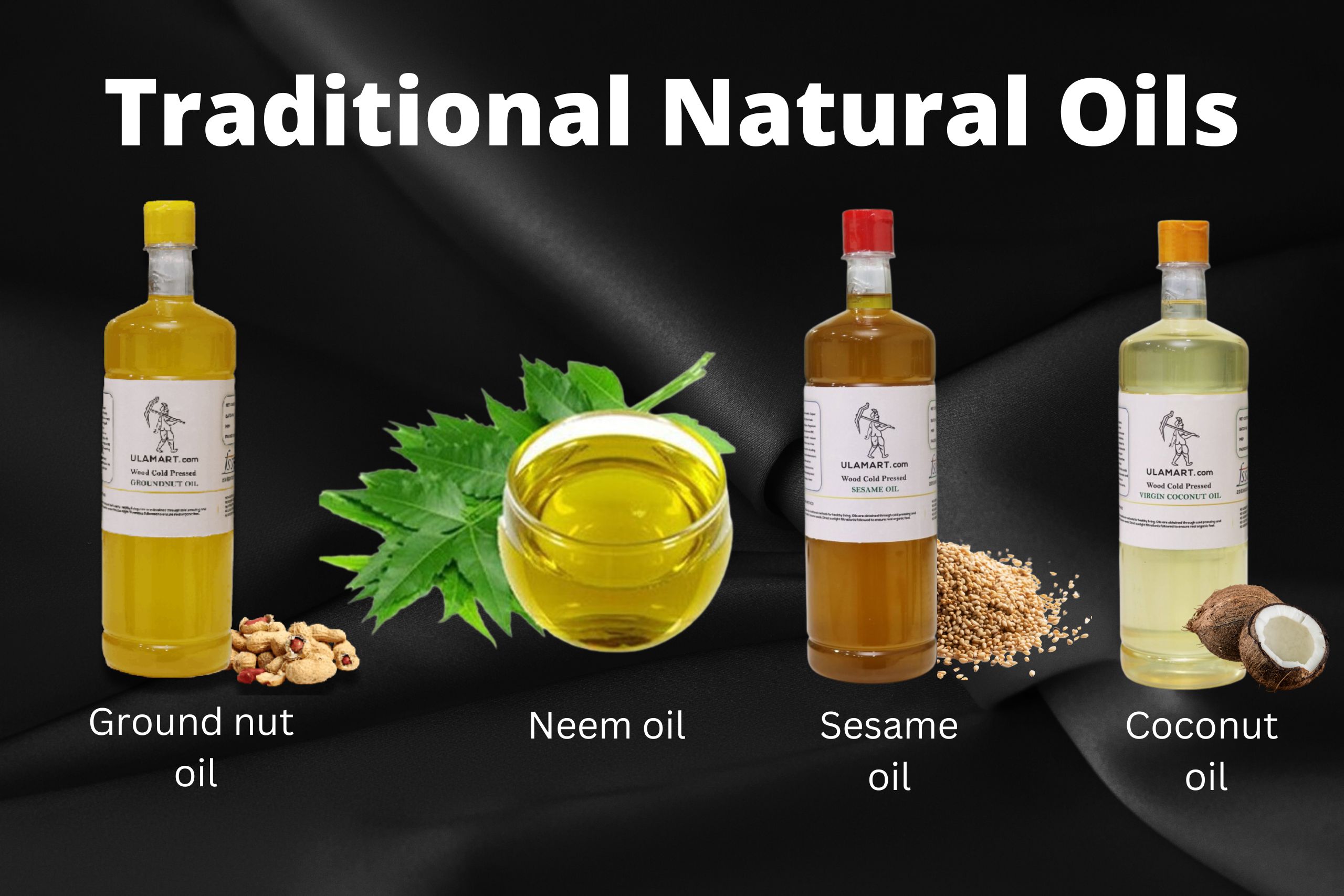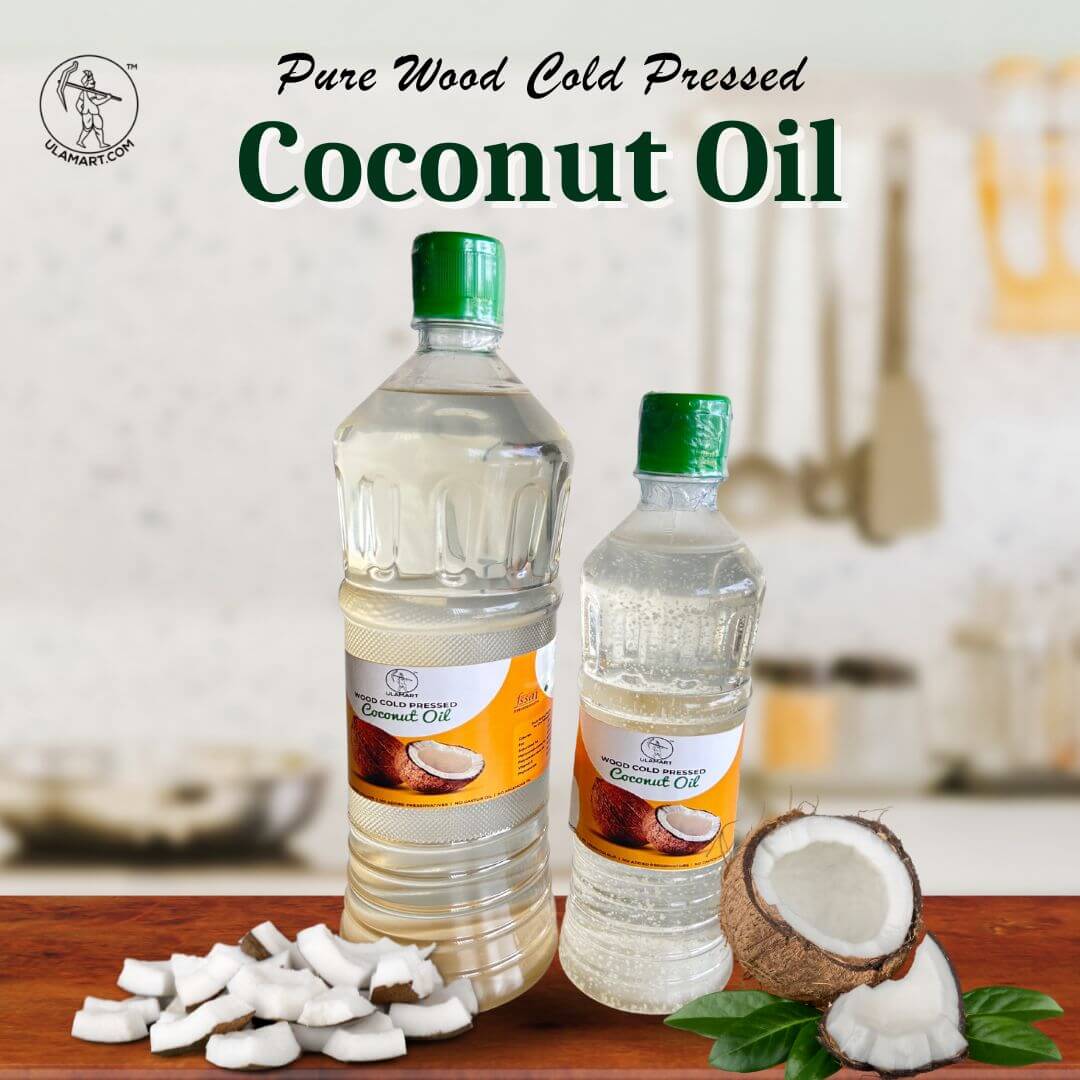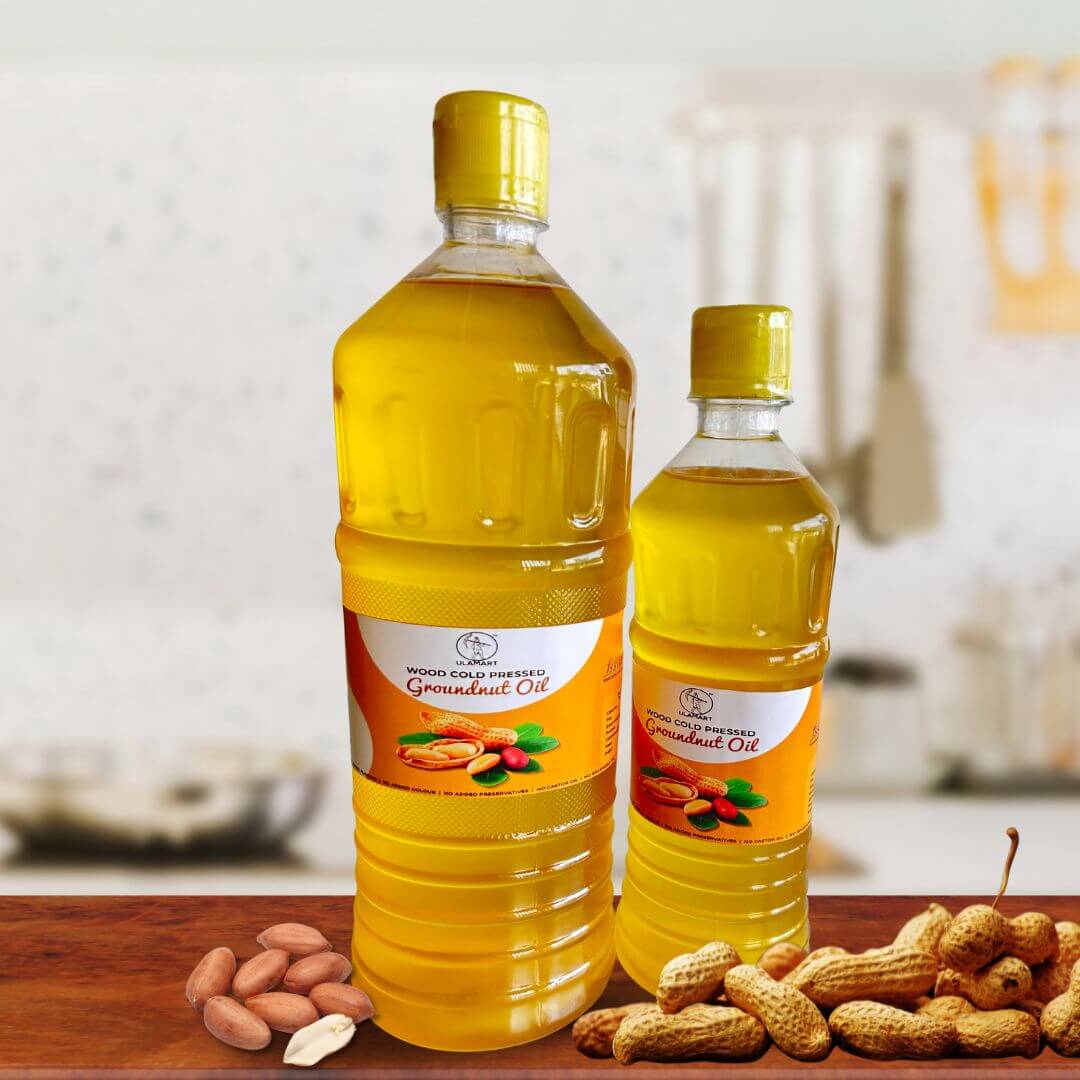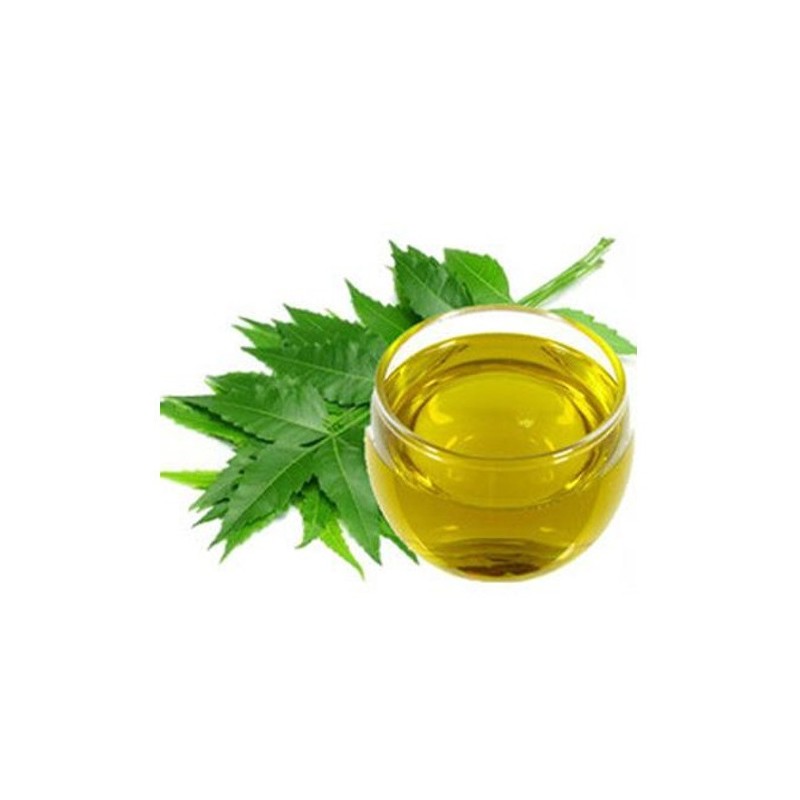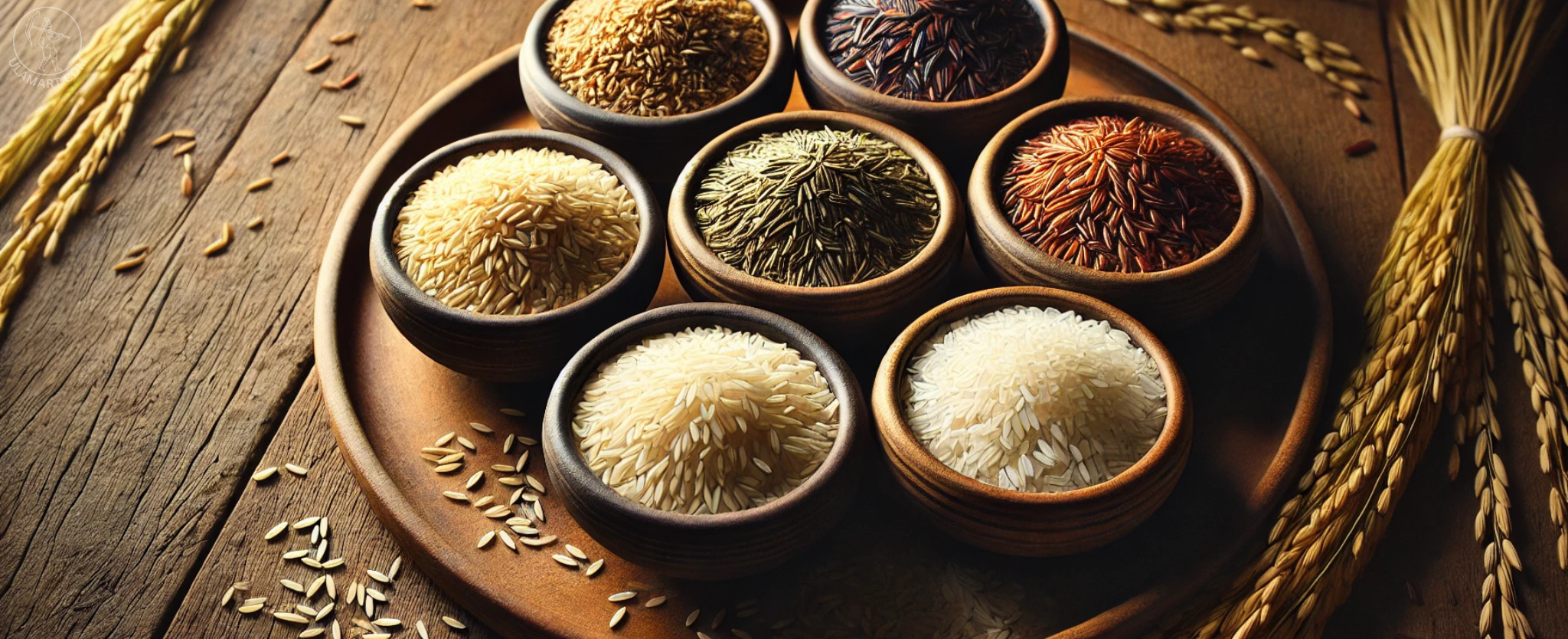The Rise of Traditional Natural Oils
Traditional Natural oils have become increasingly popular in recent years, and for good reason. These oils offer a wide range of health benefits that can improve your overall well-being.
From coconut oil to sesame oil, there are various types of traditional natural oils that are worth exploring. In this article, we will delve into the hidden health benefits of traditional natural oils and how you can incorporate them into your daily routine.
1. Exploring a variety of Traditional Natural Oils
5. Safe Practices and Considerations
1. Exploring a variety of Traditional Natural Oils
a) Coconut Oil
Coconut oil is one of the most versatile traditional natural oils available. Not only is it great for cooking, but it also offers numerous health benefits. It holds a special place in the hearts and kitchens of Kerala, a state in southern India.
Coconut oil is rich in medium-chain fatty acids, which are easily digested and utilized by the body. These fatty acids can boost your metabolism, improve brain function, and even aid in weight loss. Additionally, coconut oil has antimicrobial properties that can help fight off infections and boost your immune system.

b) Sesame Oil
Sesame Oil is also known as Nallennai, Gingelly, or til oil. It is made from sesame seeds and is used for cooking in South India. It is used to prepare Sesame chicken, Asian sesame chicken salad, Ell urundai, pulao, sesame apple salad, and much more.
It has also been used for centuries in traditional medicine for its healing properties. It is rich in antioxidants that can help reduce inflammation in the body and promote heart health. Sesame oil is also known for its ability to nourish the skin and hair. It can help moisturize dry skin and prevent premature aging. When used on the scalp, sesame oil can help promote hair growth and reduce dandruff.
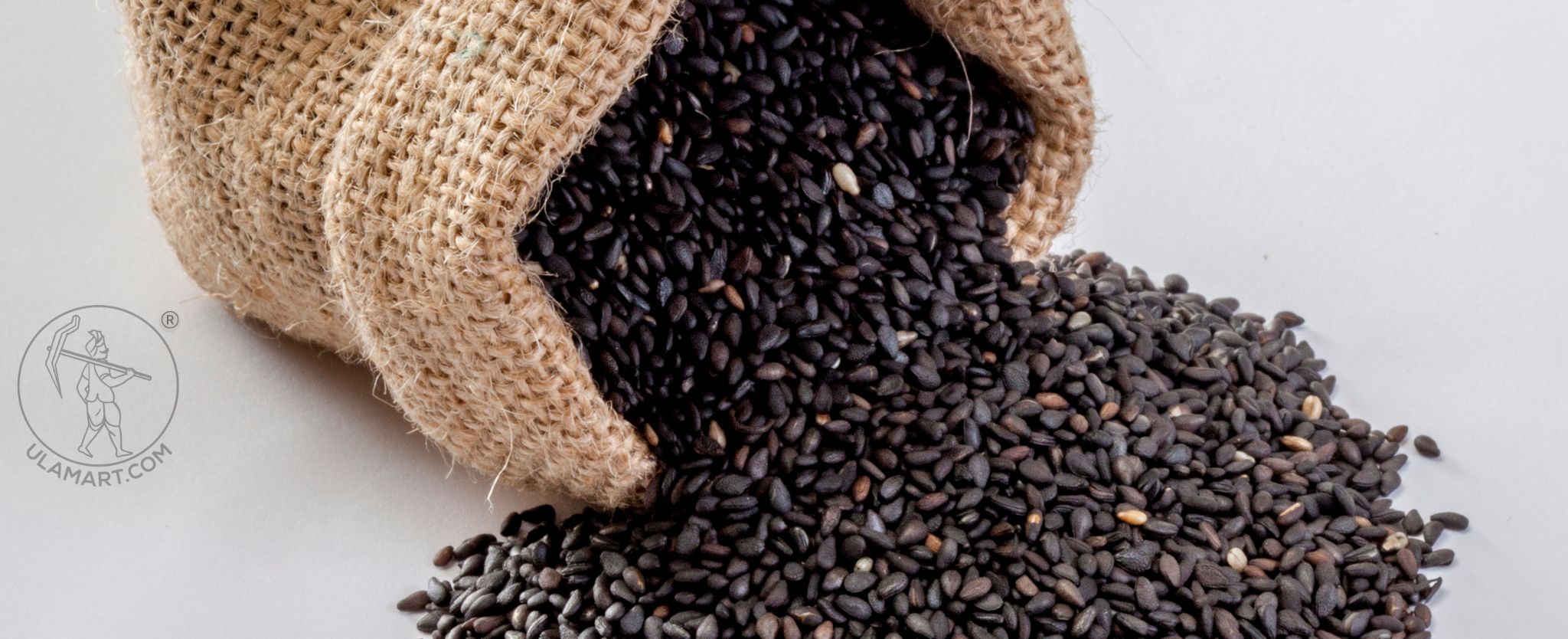
c) Groundnut Oil
Groundnut oil is prepared by extracting oil from groundnuts (peanuts), and is a popular choice for cooking due to its high smoke point. It can be used to prepare chutney, samosa, different curry items, and much more. This means that it can withstand high temperatures without breaking down and releasing harmful compounds.
Groundnut oil is also rich in monounsaturated fats, which can help lower bad cholesterol levels and reduce the risk of heart disease. Additionally, it contains resveratrol, a powerful antioxidant that has been shown to have anti-cancer properties.

d) Neem Oil
Neem oil is derived from the neem tree and has been used in traditional medicine for centuries. It is known for its antibacterial, antifungal, and antiviral properties.
Neem oil can be used topically to treat various skin conditions, such as acne, eczema, and psoriasis. It can also help soothe dry and itchy scalp, promoting healthy hair growth. Neem oil can be a powerful addition to your skincare and hair care routine.

2. Revitalizing skin and hair
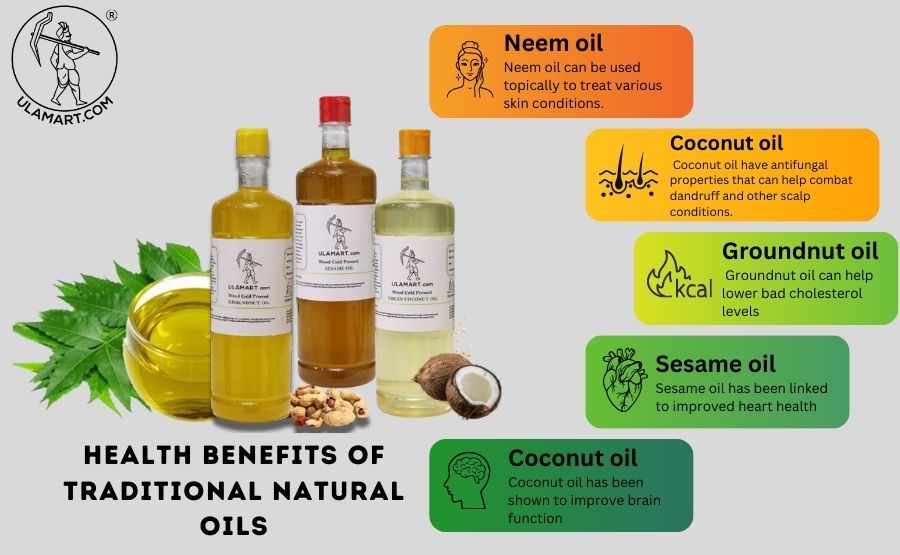
a) How Traditional natural oil can benefit skin and hair health.
Skin Health Traditional natural oils have a multitude of benefits for the skin. They can help moisturize dry skin, improve skin elasticity, and even reduce the appearance of wrinkles and fine lines.
Many traditional oils, such as coconut oil and neem oil, have antimicrobial properties that can help fight off bacteria and prevent acne breakouts. Additionally, the antioxidants present in these oils can protect the skin from damage caused by free radicals and environmental stressors.
Hair Health Traditional natural oils can work wonders for your hair as well. They can help nourish and moisturize the scalp, promoting healthy hair growth.
Many traditional oils, such as coconut oil and neem oil, have antifungal properties that can help combat dandruff and other scalp conditions. Additionally, these oils can help improve the overall condition of your hair, making it shinier, smoother, and more manageable.
3. Nutritional powerhouse
a) Dietary uses of Traditional Natural Oils
Traditional natural oils are not just beneficial for external use; they can also be incorporated into your diet. Traditional natural oils, such as coconut oil, groundnut oil, and sesame oil are great for cooking due to their high smoke points.
They can add flavor to your dishes and provide a healthy source of fats. These oils can also be used as salad dressings or drizzled over-cooked vegetables to enhance their taste and nutritional value.
b) Potential health benefits
In addition to their culinary uses, Traditional oils offer various health benefits when consumed. For example, coconut oil has been shown to improve brain function and support weight loss. Groundnut oil can help lower bad cholesterol levels and reduce the risk of heart disease.
Sesame oil has been linked to improved heart health and reduced inflammation. By incorporating Traditional natural oils into your diet, you can reap these potential health benefits and improve your overall well-being.
4. The Mind-Body Connection

The use of traditional natural oils goes beyond physical health; it can also have a positive impact on your mental well-being. Sesame oil, a staple in many traditional practices like Ayurveda, offers an age-old remedy for reducing body heat and alleviating muscle soreness, a sesame oil bath can be a rejuvenating ritual for your overall well-being.
Many other natural oils, such as lavender oil and chamomile oil, have calming properties that can help reduce stress and anxiety. They can be used in aromatherapy or added to bathwater to promote relaxation.
By incorporating traditional natural oils into your daily routine, you can create a soothing and calming environment that supports both your physical and mental health.
5. Safe Practices and Considerations
While traditional natural oils offer numerous health benefits, it is important to use them safely and consider any potential allergies or sensitivities.
Before using any traditional natural oil, it is recommended to perform a patch test on a small area of your skin to check for any adverse reactions. Additionally, Children under the age of 5, pregnant women, breastfeeding moms, people who underwent recent surgery, diabetic patients, and people under strong medication, should consult a doctor before using Neem oil.
It is always best to consult with a healthcare professional before using natural oils, especially if you have any underlying health concerns.
6. Practical Insight and Tips
When purchasing traditional natural oils, it is important to choose high-quality, organic oils that are free from additives and chemicals. Look for oils that are cold-pressed or expeller-pressed, as these methods help retain the natural nutrients and beneficial properties of the oils. Remember that a little goes a long way when it comes to using natural oils.
Start with a small amount and gradually increase if needed. Traditional natural oils are highly concentrated, so using too much can be overwhelming and may cause adverse reactions.
In conclusion, traditional natural oils have a wide range of hidden health benefits that can positively impact your overall well-being. From improving skin health to promoting hair growth, these oils offer a natural and holistic approach to self-care.
By incorporating traditional natural oils into your daily routine, you can enhance your physical and mental health while enjoying the numerous benefits they have to offer. So why not give natural oils a try and unlock their hidden potential for a healthier lifestyle?

